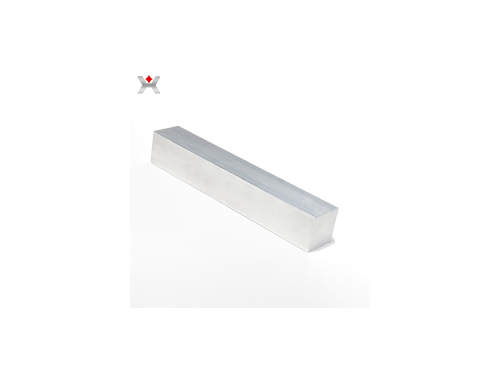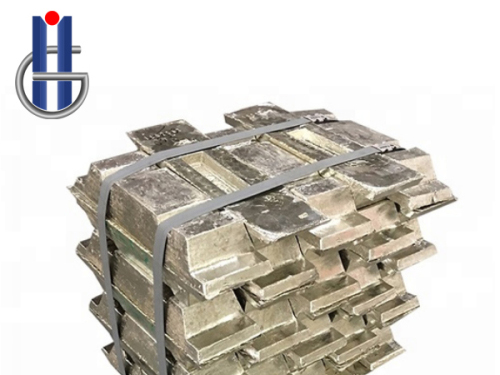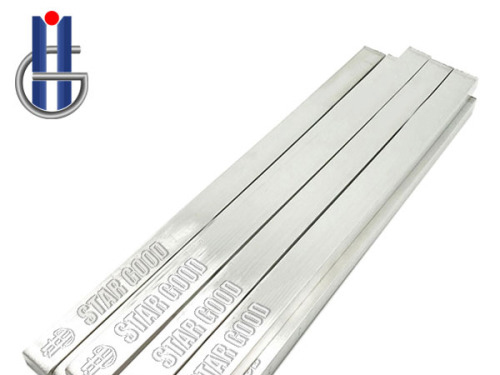The production of
solder bars is typically carried out by specialized manufacturers with expertise in metallurgy and soldering technologies. Solder bars are essential materials in electronics manufacturing and other industries where the joining of metals is required. Here is an overview of the process involved in the professional production of
solder bars:
1. Material Selection:
Alloys: Solder bars are often made from alloys containing various metals, such as tin (Sn), lead (Pb), and sometimes other elements like silver (Ag). The choice of alloy depends on the application and specific properties required.
2. Alloy Melting and Mixing:
Smelting: The selected metals are melted together in precise proportions to achieve the desired alloy composition. This is typically done in furnaces under controlled conditions.
3. Formation of Bar Shape:
Casting: The molten alloy is then cast into the desired bar shape. This can be done using molds to ensure consistency in size and shape.
4. Cooling and Solidification:
Cooling Process: The cast solder bars are allowed to cool and solidify. Controlled cooling is crucial to prevent the formation of undesirable crystal structures and ensure a homogeneous alloy.
5. Cleaning and Surface Treatment:
Surface Quality: Solder bars may undergo processes to clean and improve their surface quality. This can involve removing any impurities or oxides that may have formed during the manufacturing process.
6. Quality Control:
Testing: Various quality control tests are performed to ensure that the solder bars meet industry standards. This may include testing for composition, hardness, and other relevant properties.
7. Packaging:
Packaging for Distribution: The solder bars are packaged in a way that preserves their quality during transportation and storage. This often involves using protective packaging to prevent contamination.
8. Regulatory Compliance:
Compliance: Solder production must adhere to environmental and safety regulations, especially regarding the use of lead in solder alloys. Many industries have shifted toward lead-free solder alloys to comply with environmental standards.
9. Research and Development:
Innovation: Ongoing research and development efforts may be in place to improve solder alloy formulations, making them more environmentally friendly or enhancing their performance characteristics.
10. Environmental Considerations:
Recycling: Some manufacturers may implement recycling programs to minimize waste and promote sustainability.
It's worth noting that the production of solder bars has evolved with increased emphasis on environmental sustainability and compliance with regulations related to hazardous materials. Many modern applications now prefer lead-free solder alloys to reduce environmental impact and health concerns associated with lead-based solder. Manufacturers need to stay informed about industry standards and regulations to ensure their products meet the necessary criteria.


 High Purity Tin Ingot: Crucial Applications and Benefits
High Purity Tin Ingot: Crucial Applications and Benefits
 Pure Tin Ingot: Essential Material for Diverse Industrial Applications
Pure Tin Ingot: Essential Material for Diverse Industrial Applications
 Unlocking the Potential of Pure Tin Bars: Essential Components for Diverse Industries
Unlocking the Potential of Pure Tin Bars: Essential Components for Diverse Industries
 Lead Bar for Sale: Uses, Specifications, and Buying Considerations
Lead Bar for Sale: Uses, Specifications, and Buying Considerations